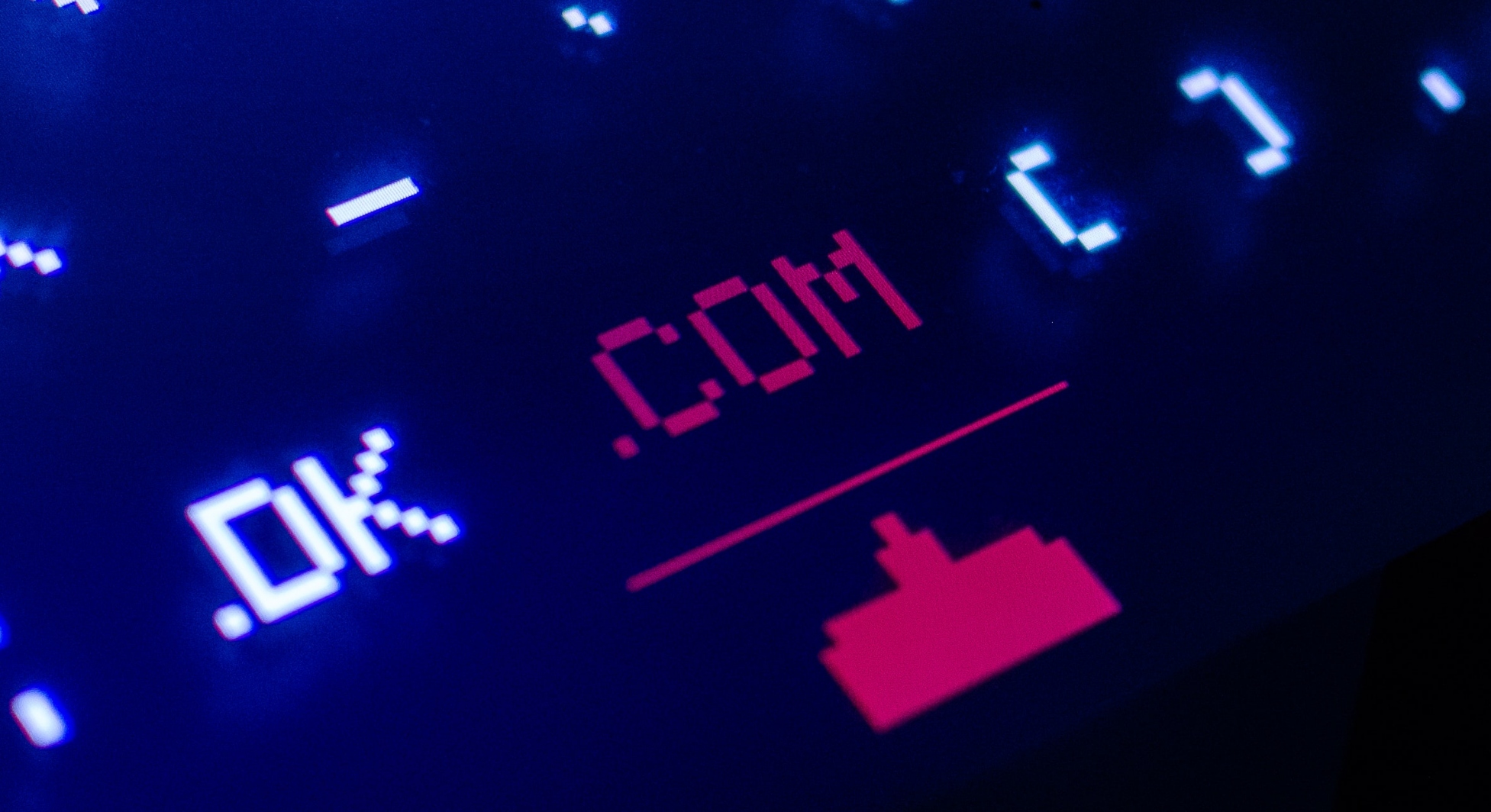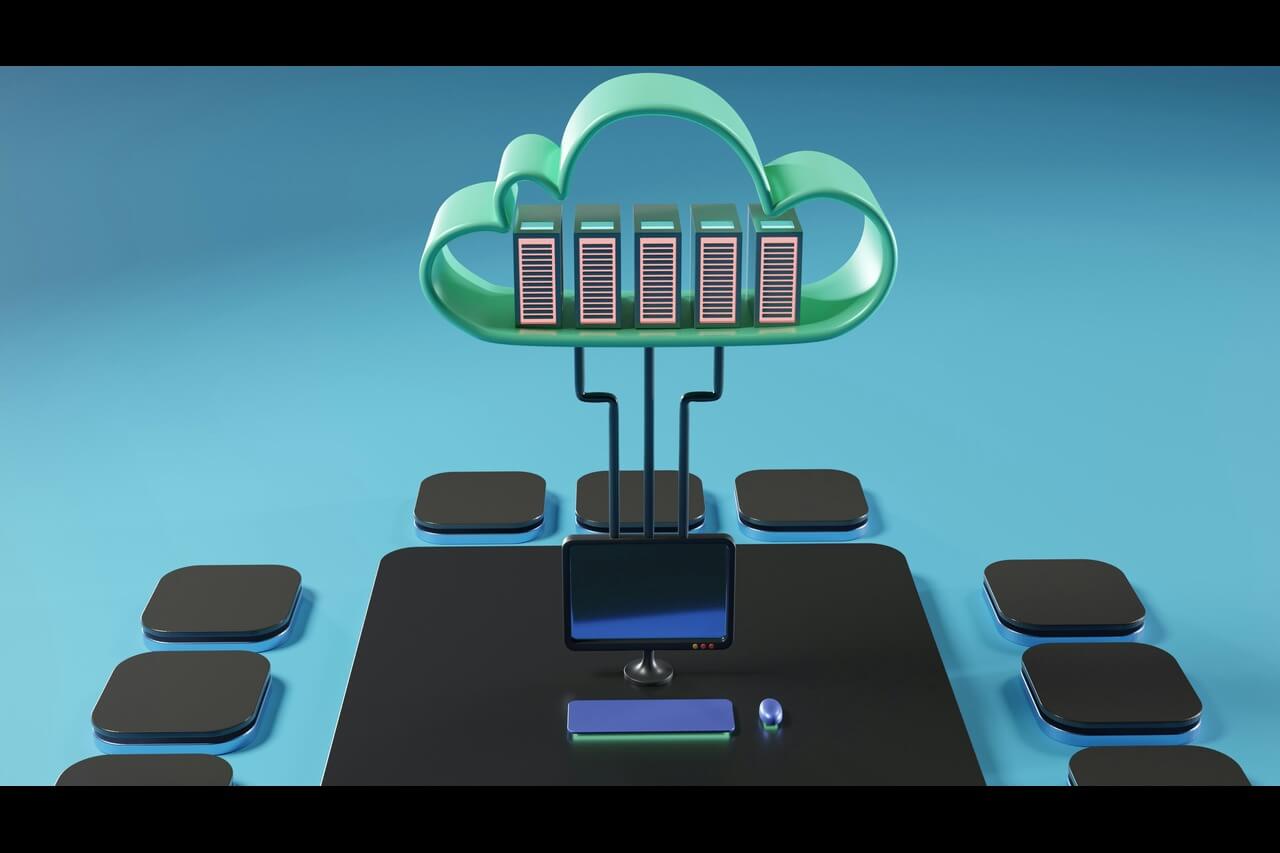Cellular data used to pale in comparison to home Wi-Fi, but with new 5G networks, that’s not always the case anymore. These connections can be as fast if not faster than what you get at home. In light of that, can 5G replace cable internet altogether?
You wouldn’t be the first person to wonder that. In fact, some internet service providers (ISPs) now offer home internet that runs on 5G networks. Whether they’ll fully replace cable alternatives, though, is still up for debate. Here’s a closer look at the pros and cons.
Benefits of 5G vs. Cable Internet
Let’s start with the positives 5G internet has to offer. While this technology is still relatively new, it already has some big advantages over traditional cable internet.
High Speeds
5G is most famous for offering higher speeds and lower latencies over 4G networks. In some scenarios, these new cellular connections are so fast that they provide similar benefits over home Wi-Fi networks.
A 2020 test revealed that real-world 5G speeds are significantly faster than Wi-Fi in most areas. The U.S. was the one exception, but most U.S. carriers were focusing on slower, low-band 5G networks at that time. Now that faster mid-band 5G is more widely available, you could easily experience much faster downloads on 5G than Wi-Fi.
Just how fast is 5G compared to cable internet? Average Wi-Fi download speeds in the U.S. linger around 60 megabits per second (Mbps), while 5G can reach above 200 Mbps. Many ISPs market speeds that fast, but to actually experience them in real life, you’d almost certainly need fiber internet.
More Bandwidth
Another point in favor of 5G replacing cable internet is its capacity. These networks offer more bandwidth than earlier technologies, meaning you can run more devices on them without slowing down.
5G can support up to one million devices per square kilometer. It’s able to support so many endpoints because it uses different frequencies that don’t travel as far but offer more bandwidth. These networks also have technologies that adapt to changing internet needs that most current cable internet services can’t support.
It’s important to note that your bandwidth also relies on your router’s hardware limitations. So, in practice, you won’t necessarily be able to run a million devices in your home, but 5G does open the door for higher-density internet connections.
Low Costs
Another reason 5G could replace cable internet is that it’s relatively cost-effective. It costs less to set up a 5G network than a traditional internet service, so ISPs can offer it for lower rates.
Cable internet — and its newer, faster cousin, fiber internet — requires a lot of infrastructure to get you a signal. That involves either phone lines or running underground wires, both of which can be disruptive and expensive to install. 5G, by contrast, only requires new cell towers and a wireless receiver at your home. That costs money, too, but not as much.
Roughly 80% of people in North America already have access to mid-band 5G, too. Because these networks are already in place, ISPs can extend 5G internet coverage to many people without installing any new infrastructure, further reducing costs.
Downsides of 5G vs. Cable Internet
Of course, there are some downsides to 5G internet as well. These challenges may stop 5G from replacing cable internet altogether, at least for a while.
Reliability
One of the biggest challenges with 5G internet is its reliability. Have you ever wondered why so many internet connections still rely on cables when wireless technology is so widely available? It’s because wireless signals are inherently prone to interference.
Wireless networks like 5G use radio waves to send data between endpoints. However, outside radio waves are all around us through other networks, household appliances and even radiation from the sun. All of these signals can interact with each other, leading to poor or dropped connections. This interference can affect cables, too, but these wires’ insulating coatings minimize it.
Satellite internet — which roughly 8 million Americans use — frequently experiences connectivity issues, highlighting this problem. 5G internet would be a little more reliable because signals have less distance to cover, but it still faces similar problems.
Limited Availability
Another reason it may take a while for 5G to replace cable internet is its availability. Mid-band 5G covers most of the U.S. population, but remember that large cities account for most of the country’s people. More rural areas are far less likely to have 5G access, especially in faster mid and high bands.
Even where 5G itself is readily available, internet options that use it are less so. Only a few of the nation’s best internet providers offer 5G internet. Some companies, like AT&T, have 5G cell service and offer home internet options but don’t offer a solution that combines the two.
Availability will likely change over time, but for now, it remains a limiting factor. Unless you’re near a major metropolitan area, 5G home internet may not even be an option.
Can 5G Replace Cable Internet? The Final Word
So, considering these pros and cons, can 5G replace cable internet? Yes, depending on where you are and what your needs are. Whether or not it will depends on how technology advances from here.
5G offers faster speeds, higher bandwidth and better cost efficiency than traditional internet connections. Because of that, it’s a viable option if you live in an area where it’s available. Those benefits are also significant enough to push the whole industry in that direction, assuming it can overcome its current shortcomings.
If you’re concerned about reliability or options, 5G internet may not be right for you. ISPs will also have to figure out a way for 5G networks to become more reliable for it to replace cable internet as the home Wi-Fi standard.
5G and Cable Internet Offer Different Advantages
Whether you should replace your cable internet connection with a 5G one depends on your specific situation. The two technologies meet different needs in different areas. However, that may change over time.
If 5G technology advances quickly enough, its speed and costs could make it the new standard. When that will happen or if another technology will rise up instead is still uncertain, but the shift is certainly possible.
Recent Stories
Follow Us On
Get the latest tech stories and news in seconds!
Sign up for our newsletter below to receive updates about technology trends




